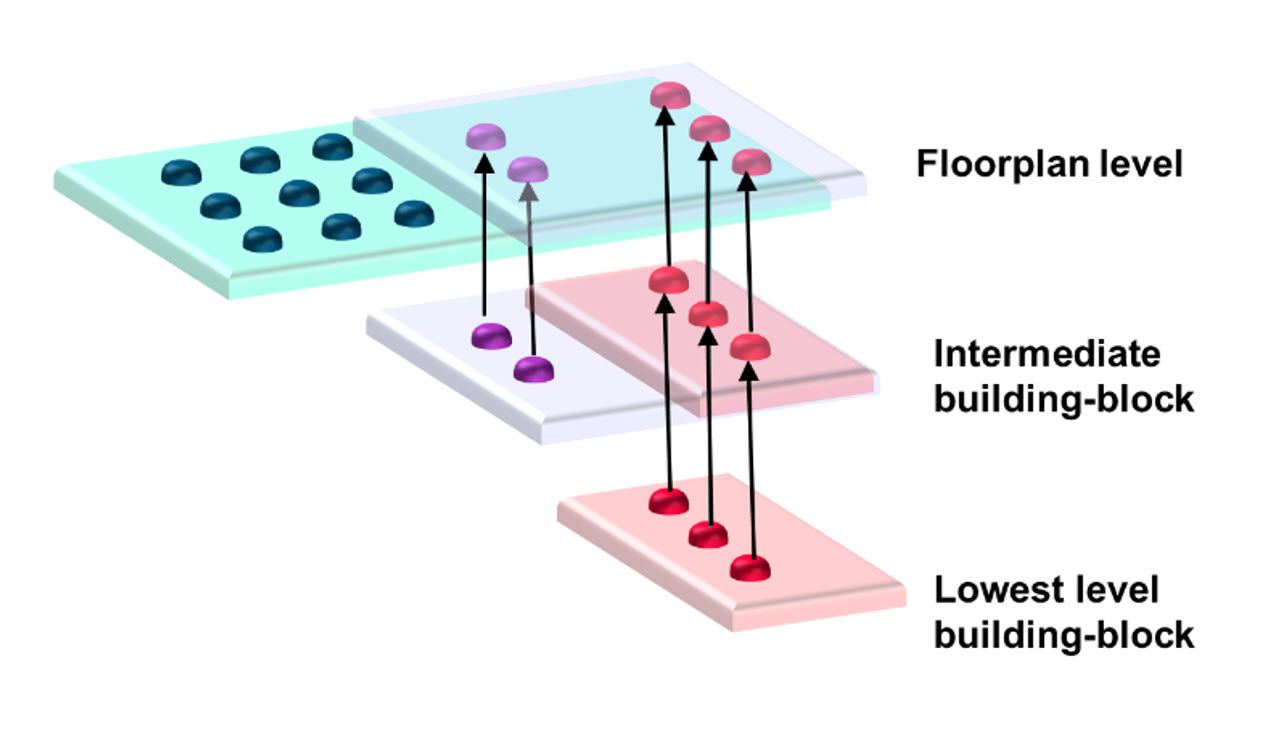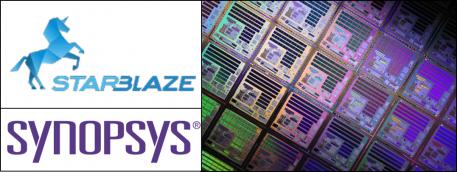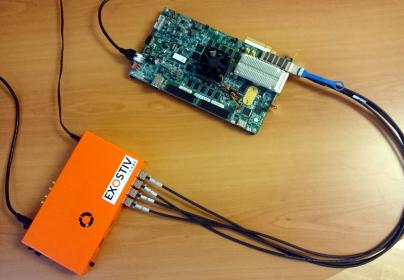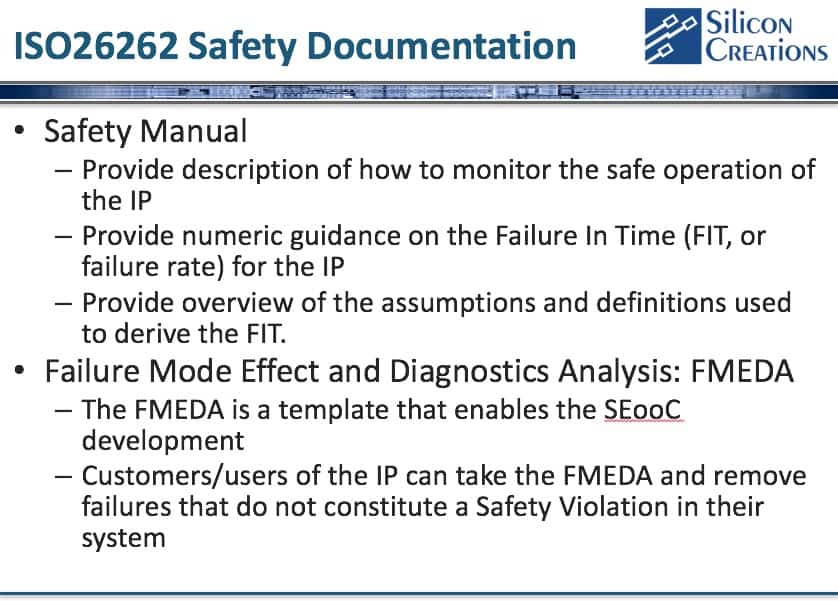ADAS is in many ways the epicenter of directions in the driverless car (or bus or truck). Short of actually running the car hands-free through a whole trip, ADAS has now advanced beyond mere warnings to providing some level of steering and braking control (in both cases for collision avoidance), providing more adaptive cruise control,… Read More
 WEBINAR: Revolutionizing Electrical Verification in IC DesignIn the complex world of IC design, electrical…Read More
WEBINAR: Revolutionizing Electrical Verification in IC DesignIn the complex world of IC design, electrical…Read More Silicon Catalyst on the Road to $1 Trillion IndustryThere were quite a few announcements at the…Read More
Silicon Catalyst on the Road to $1 Trillion IndustryThere were quite a few announcements at the…Read More Hierarchically defining bump and pin regions overcomes 3D IC complexityBy Todd Burkholder and Per Viklund, Siemens EDA…Read More
Hierarchically defining bump and pin regions overcomes 3D IC complexityBy Todd Burkholder and Per Viklund, Siemens EDA…Read More CDC Verification for Safety-Critical Designs – What You Need to KnowVerification is always a top priority for any…Read More
CDC Verification for Safety-Critical Designs – What You Need to KnowVerification is always a top priority for any…Read More Ceva Unleashes Wi-Fi 7 Pulse: Awakening Instant AI Brains in IoT and Physical RobotsIn the rapidly evolving landscape of connected devices,…Read More
Ceva Unleashes Wi-Fi 7 Pulse: Awakening Instant AI Brains in IoT and Physical RobotsIn the rapidly evolving landscape of connected devices,…Read MoreStarblaze Uses Synopsys DesignWare IP to Launch SSD Controller SoC
I recently wrote an article about Synopsys’ DesignWare Security IP for the Internet-of-Things market and was interested to see that a startup, Starblaze Technology, has now used parts of the same IP in its latest Solid-State Drive (SSD) controller. The security IP caught my eye, but the rest of the story really put things into focus.… Read More
Creative Noise-Reduction in Automotive AMS
Automotive applications are one of the hottest domains today in semiconductor design. We’re bombarded daily with articles on new hybrids, electric cars, ADAS and autonomous cars, trucks and busses. All of these applications are certainly amazing, but the devices that make them work still have to deal with the same old challenges,… Read More
Synopsys White Paper on IoT Security – Introduces DesignWare Root-of-Trust Module
As the internet of things (IoT) continues its climb to a trillion devices, there has been many articles and books written on the need for securing those devices. With all the IoT gear that I seem to be picking up as Christmas presents, I feel like I’m doing my part to help the market get there, but I have to say, I sure hope the SoC designers… Read More
When Invaluable Kills Business
Productivity is notoriously hard to sell. I recently visited a company where the engineering team wanted to evaluate one of our FPGA debug and analysis products on an existing board. This board had an FPGA that we supported and had all the required connectivity – it could just be used ‘out of the box’. Our tool – Exostiv… Read More
Top Cybersecurity Concerns Are WRONG
A recent survey by Varonis of 500 security professionals from the U.S., UK, and France highlights the top three cybersecurity concern for 2018: Data Loss, Data Theft, and Ransomware. Sadly, we are overlooking the bigger problems!
Missed the Target by a Mile
I think we are scrutinizing at the small and known threats, when we should… Read More
Free IoT SOC Books at REUSE 2017
The second annual REUSE conference is next week bringing the fabless semiconductor ecosystem together for a day of food, fun, and some very interesting presentations. It’s at the Santa Clara Convention Center this year which is nice and it is FREE! More importantly, there will be 30+ vendors in the exhibit hall which opens… Read More
High Calibre Development Keeps Mentor on Top of the Game
One might be tempted to think that technology driven gains in computer performance might be enough to keep up with the needs of design and verification tools. We know that design complexity is increasing at a rate predicted by Moore’s Law. We also know that the performance of the computers used during IC development benefit from … Read More
Optimizing Return from your IP Portfolio
Given that SoC design today is predicated on IP reuse, you would assume that processes to deliver, maintain and communicate status on reusable IP should be highly optimized. But that’s not necessarily the case, especially when so many design companies have consolidated, each brings its own IP libraries, design flows, license… Read More
Safety qualification for leading edge IP elements – presentation at REUSE 2017 in Santa Clara
To ensure the reliability of automotive electronics, standards like AEC-Q100 and ISO 26262 have helped tremendously. They have created rational and explicit steps for developing and testing the electronic systems that go into our cars. These are not some abstract future requirement for fully autonomous cars, rather they are… Read More












AI RTL Generation versus AI RTL Verification